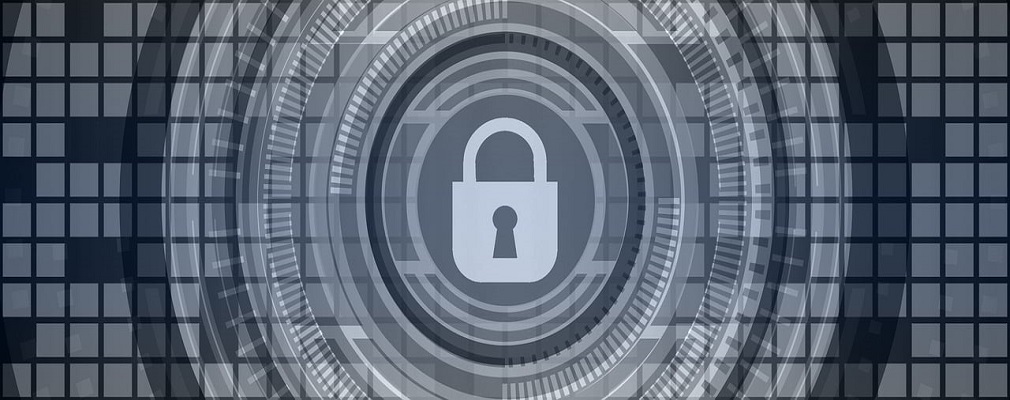Access Management Crucial in Small Business Cybersecurity

Cybersecurity has become an absolute necessity for both small businesses and individuals. The digital landscape is rife with cyber threats, and the consequences of data breaches and malware attacks can be financially crippling. It's important to recognize that these threats can originate from various sources, including the everyday cloud tools you rely on.
On average, employees interact with 36 different cloud-based services each day. Managing access to sensitive data and resources has become an integral part of maintaining robust security. The potential fallout from a single breached account in a business application cannot be underestimated. Hackers highly value login credentials, which can be sold for substantial sums on the dark web. For example, an email administrator's login information can fetch anywhere from $500 to $140,000.
It is imperative that you address access management within your cybersecurity strategy. Failing to do so could lead to severe financial repercussions, not to mention the damage to your reputation that accompanies a data breach.
In this article, we will explore six compelling reasons why access management has become indispensable for small businesses in the realm of data security. It plays a pivotal role in safeguarding your valuable assets and ensuring the integrity of your data.
Why Prioritizing Identity & Access Management (IAM) Matters
Mitigating Insider Threats
Insider threats can arise from either malicious actions or unintentional errors, often originating from employees within your organization or their compromised accounts. IAM solutions empower businesses to establish precise access controls and permissions, ensuring that employees only have access to the data necessary for their roles. By minimizing excessive privileges, organizations can reduce the risk of insider threats. Access management also provides visibility into user activities, enabling real-time detection and response to suspicious behavior.
Strengthening Data Protection
Data breaches can have dire consequences for businesses, including damage to reputation, financial losses, regulatory penalties, and even permanent closure for those unable to recover. Effective access management bolsters data protection by limiting access to sensitive information and enforcing robust authentication measures. Multi-factor authentication, encryption, and user authentication restrict who can access specific data within a system. Access management solutions also enable organizations to monitor and control data transfers, ensuring data remains secure throughout its lifecycle. Implementing stringent access controls minimizes the risk of unauthorized data access and safeguards your most valuable assets.
Enhancing Regulatory Compliance
Compliance with data privacy laws is a paramount concern for many organizations. IAM solutions play a vital role in ensuring regulatory compliance by providing essential controls and audit trails. They also facilitate the adoption of best practices, such as role-based access control (RBAC), least privilege principles, and contextual multi-factor authentication. Access management allows businesses to demonstrate compliance with regulatory requirements and facilitates regular access reviews, ensuring accurate records of user access and permissions for regulatory audits and assessments.
Streamlining User Provisioning and Deprovisioning
Manually managing user accounts and access rights can be time-consuming and error-prone, leaving organizations vulnerable to security breaches. Access management solutions automate user provisioning and deprovisioning, ensuring that employees have appropriate access rights throughout their employment lifecycle. When an employee joins the organization, access management simplifies the onboarding process by swiftly provisioning the necessary user accounts and permissions based on their role. Similarly, when an employee departs, IAM tools promptly deprovision accounts and revoke access rights, reducing the risks associated with dormant or unauthorized accounts. The Colonial Pipeline breach serves as a stark reminder of the importance of streamlining user provisioning and deprovisioning to enhance security and operational efficiency.
Enabling Secure Remote Access
The landscape of the modern workplace has transformed significantly in recent years, with remote work and cloud services becoming the new norm. Secure remote access is now indispensable for organizations. IAM solutions offer secure authentication and authorization mechanisms for remote users, allowing them to access corporate resources and data securely, whether they are working from home, traveling, or using mobile devices. These solutions incorporate features such as virtual private networks (VPNs), single sign-on (SSO), and multi-factor authentication (MFA) to secure remote access while safeguarding the confidentiality and integrity of corporate data.
Improving Productivity
Implementing an identity and access management system can significantly boost productivity within your organization. Consider the time and effort your HR or IT team spends on provisioning user accounts and determining access permissions for each tool. IAM systems streamline this entire process by utilizing role-based access protocols to assign the appropriate level of access instantly. When an employee leaves, the system can just as quickly revoke access, saving your administrative team valuable time and effort.
Get Assistance in Implementing a Robust IAM Solution
Access management has evolved into a critical component of cybersecurity, offering protection against insider threats, strengthening data security, ensuring regulatory compliance, and more. We are here to help you implement an IAM system that suits your business needs.
Contact us today to schedule a consultation and enhance your access security.
About the author
Don is a technically sophisticated and business-savvy professional with a career reflecting strong leadership qualifications coupled with a vision dedicated to the success of small businesses. His skills include the deployment of IT technologies including custom desktops, small networks, and hardware/software solutions all with a focus on the management of security and efficiency to promote growth.
After graduation from the University of Missouri-Columbia, Don spent over 20 years developing and honing his management skills in the small business community in and around the Columbia area.
Coupled with the passion and skills in IT technology, he looks to assist businesses to become highly productive and more profitable with the right IT solutions.